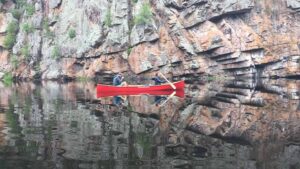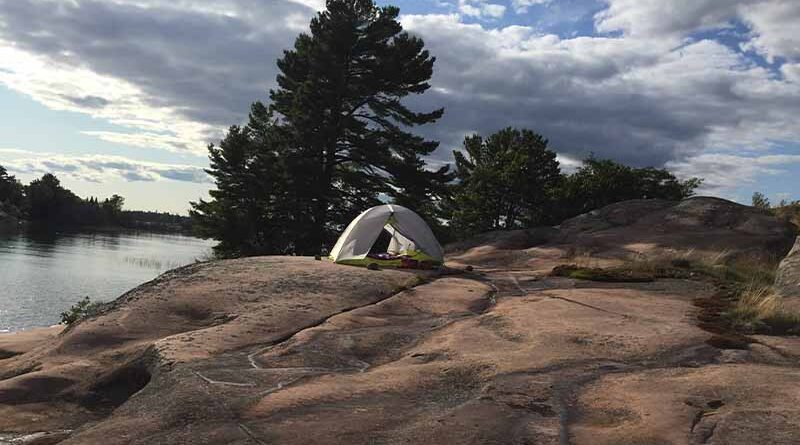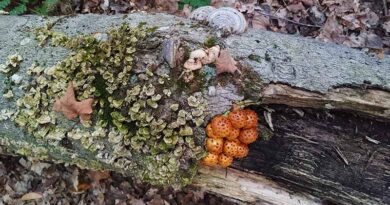Leave No Trace: Principles to Protect Nature
If you plan to spend time outside day tripping or camping, consider learning the principles of Leave No Trace. Originally developed for wilderness settings, the seven LNT principles are relevant to any kind of outdoor travel, and suited for almost any outdoor recreation activity. These principles outline the practices and techniques that will help protect the outdoor destinations we love.
Principle number one is plan and prepare. Simple steps like repackaging your food in reusable containers can help minimize the potential for accidental litter. Further steps you can take include planning for unexpected weather changes, know your route, bring along a map and compass and know how to use them.
Travel and camp on durable surfaces – this encourages outdoor travellers to be aware of sensitive environments when outdoors. Examples of principle number two include picnicking on rocks, camp only in designated areas, and hiking single file down the middle of the trail to avoid widening the trail in the effort to avoid muddy sections.
A common mantra in all natural areas is: pack it in, pack it out! Dispose of your waste properly is principle three. There is nothing more discouraging than coming to a pristine, quiet natural location only to find other people’s litter strewn about. Even organic waste, like orange peels, can take up to two years to decompose so pack them out. Buried organics will likely just be dug up by wildlife.
The delicate subject of human waste has clear guidelines outlined by Leave No Trace. If there are no facilities, only “facilitrees”, bury your waste and toilet paper 70 paces from any campsite or water source, 10-15 centimeters deep. Cover and camouflage. If washing dishes, do this away from water sources; biodegradable soap needs the organisms found in soil to properly break down.
Leave what you find, principle five, recommends that anything found in nature should stay in nature. This doesn’t have to be taken too literally but keep in mind it is illegal to take moose, deer or elk antlers out of national parks. These calcium deposits provide a food source for mice, squirrels and porcupine. They are also interesting and educational for others to find.
While a campsite fire is a timeless tradition, cooking can be done on small, portable stoves. Minimizing fire impacts, principle six, suggests keeping your fires small and make sure they are saturated with water before turning in for the night. Burn responsibly as wood collected from the forest takes nutrients away from future plant growth. Only burn in designated firepits.
Respect wildlife, principle seven, recommends not feeding wildlife as this can create a dependence on human food and, even a small critter like a chipmunk can become a nuisance to future campers. Certain human foods can also harm the health of wildlife. Examples of wildlife respecting behaviours include hanging your food on overnight trips, viewing wildlife from a distance and controlling your pet so it does not disturb wildlife.
Finally, be considerate to others. The sounds of nature are usually subtle and sometimes it is the quiet that is most desired on outdoor trips. Listening to someone else’s music or any excessive noise can take away from other’s experience. While hiking on narrow trails, those hiking uphill have the right of way and limit the use of drones to where they are permitted.
Ultimately, what is important is to get outside and enjoy the rejuvenating nature of the outdoor environment. If we do this responsibly, following the principles of Leave No Trace, we can care for wildlife and protect the beautiful natural areas that we love.
For more information see www.leavenotrace.ca
Submitted by Rick Whitteker. You can find Rick at home in the forest, as a seasoned trail guide, nature writer and passionate wildlife enthusiast in the Haliburton Highlands.




